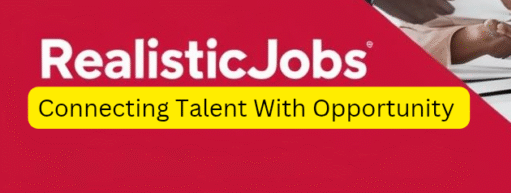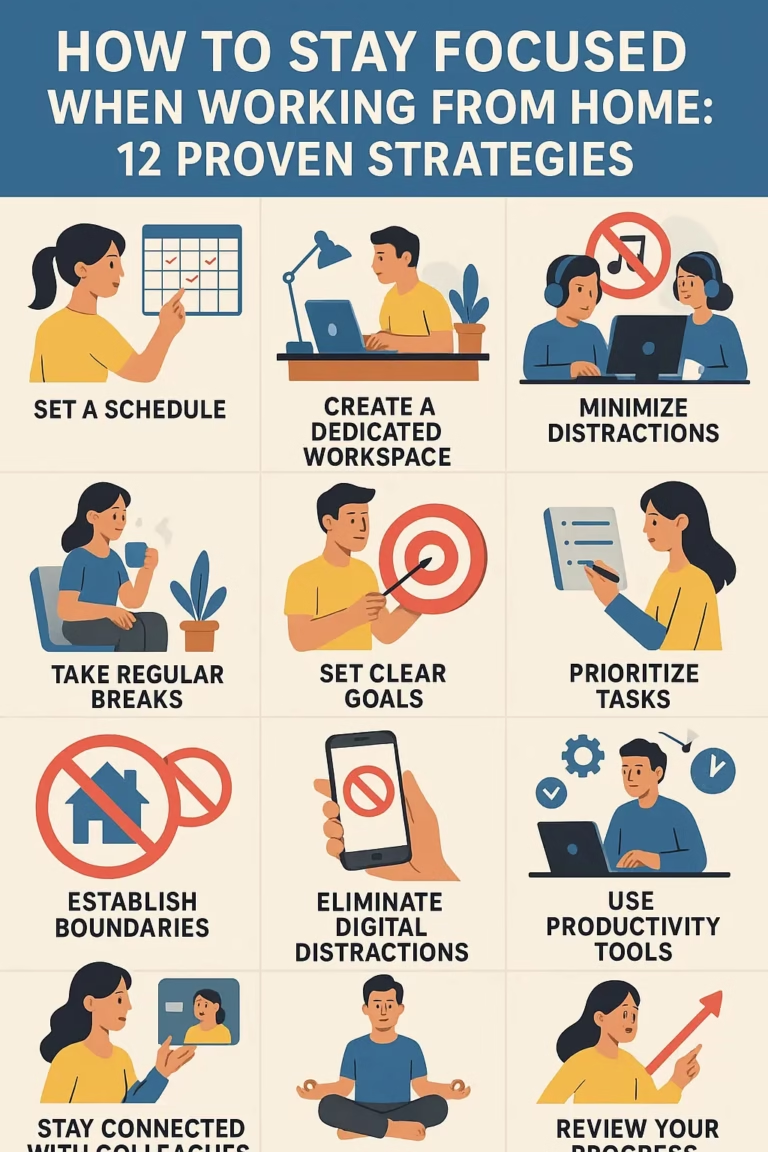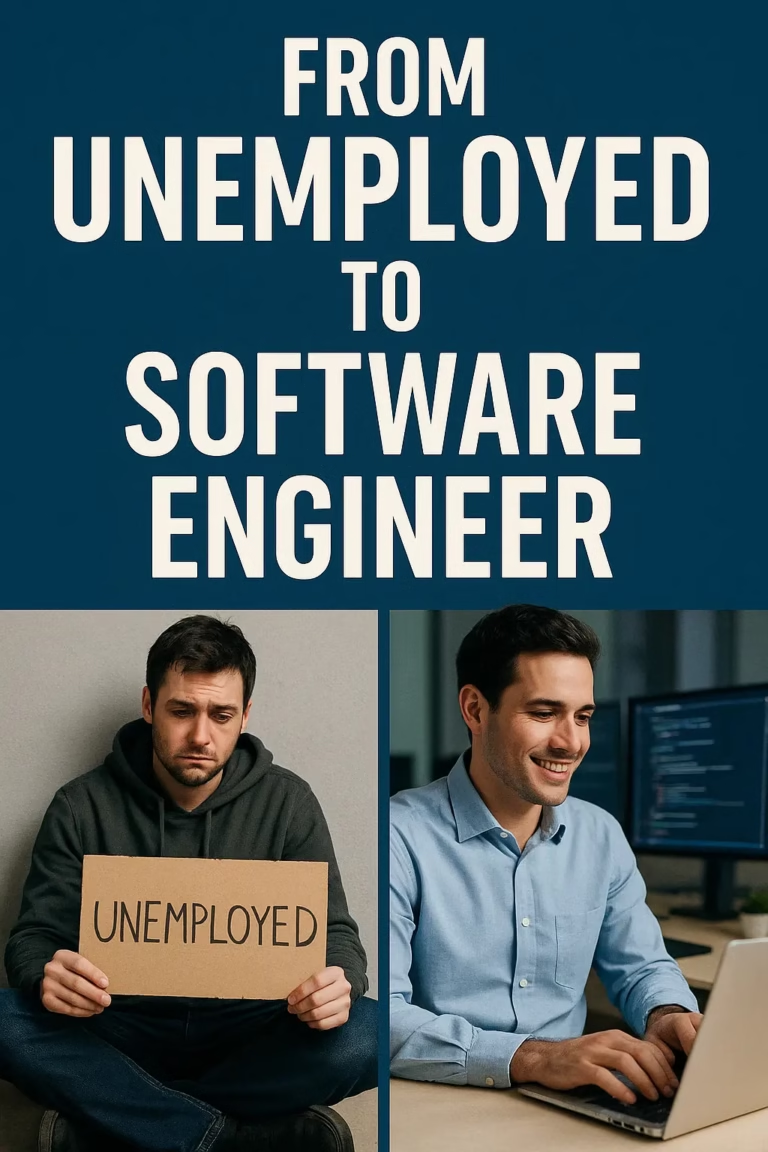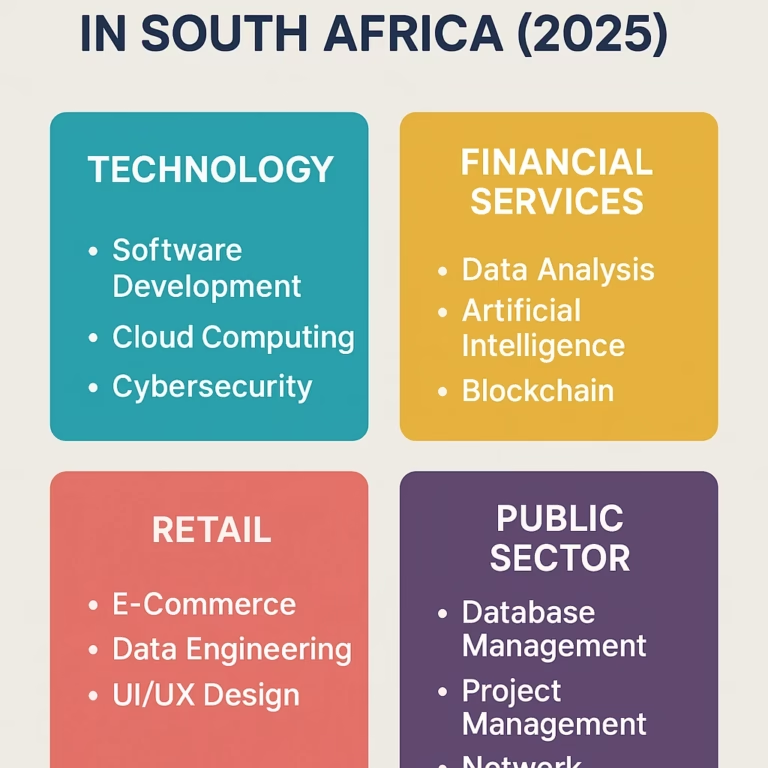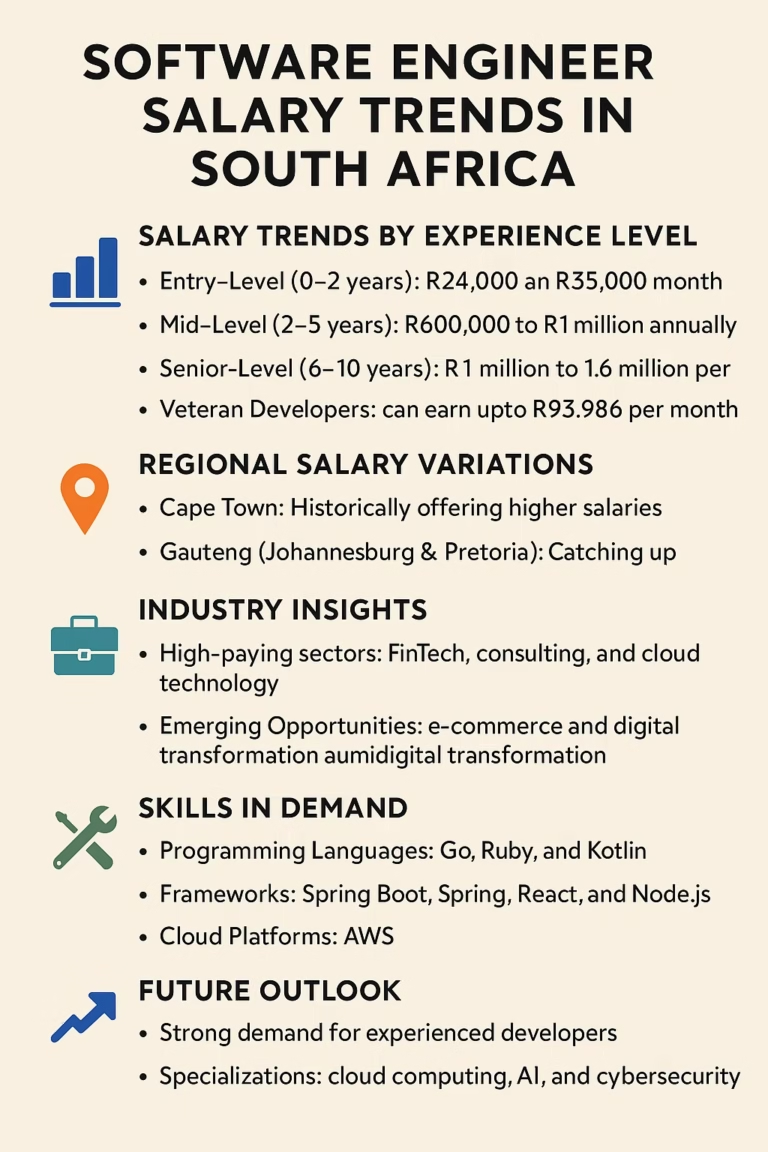A Step-by-Step Guide to Acing Your Next Job Interview
Job interviews can feel intimidating, but with the right preparation and mindset, you can walk in with confidence and walk out with an offer. Whether you’re a recent grad or a seasoned professional, this step-by-step guide will help you navigate your next interview like a pro. 1. Do Your Research Before the Interview Preparation starts…
Job interviews can feel intimidating, but with the right preparation and mindset, you can walk in with confidence and walk out with an offer. Whether you’re a recent grad or a seasoned professional, this step-by-step guide will help you navigate your next interview like a pro.
1. Do Your Research Before the Interview
Preparation starts long before you walk through the door—or log into a Zoom call. Here’s how to get informed and stand out from other candidates:
- Study the Company: Visit the company’s website, read their mission statement, and review recent news. Check out their social media profiles to get a feel for their culture.
- Understand the Role: Review the job description carefully. Identify key responsibilities and required skills so you can match your answers to what they’re looking for.
- Research the Interviewers: If you know who you’ll be speaking with, look them up on LinkedIn to learn about their background and role at the company.
- Practice Your Pitch: Be ready to answer “Tell me about yourself” with a concise, compelling summary of your background, accomplishments, and goals.
Pro Tip: Use the STAR method (Situation, Task, Action, Result) to organize your examples when answering experience-based questions.
2. Common Behavioral Interview Questions and How to Answer Them
Behavioral questions are designed to gauge how you’ve handled situations in the past—because past behavior is often the best predictor of future performance. Here are some examples, along with suggested ways to respond:
Question: “Tell me about a time you had to deal with a difficult coworker.”
Answer:
“At my last job, I worked with a team member who often missed deadlines. I set up a meeting to understand their challenges and offered to adjust our workflow. We established clearer timelines and accountability, and productivity improved as a result.”
Question: “Describe a time when you failed and what you learned.”
Answer:
“I once underestimated the time needed to complete a client project, which led to a delay. I took ownership, informed the client early, and renegotiated the timeline. I’ve since implemented more accurate project planning and buffer time into my workflow.”
Other behavioral questions to prepare for:
- How do you prioritize tasks when everything feels urgent?
- Give an example of how you handled constructive criticism.
- Describe a time you led a team or project.
Related: How to Write a Resume That Actually Gets You Interviews
3. Dress Code Tips for Virtual and In-Person Interviews
First impressions matter—whether you’re meeting face-to-face or over video.
In-Person Interviews
- Aim for professional attire: A suit or smart business-casual outfit typically works well unless otherwise specified.
- Grooming counts: Clean shoes, neat hair, and tidy nails can make a difference.
- Research the company culture: Tech startups may prefer smart-casual, while corporate roles may expect formal attire.
Virtual Interviews
- Dress as you would in person: At least from the waist up! Looking professional helps you feel more confident.
- Check your background: Choose a quiet, well-lit area with a clean, uncluttered background.
- Test your tech: Ensure your camera, mic, and internet connection work smoothly.
4. Post-Interview Follow-Up Etiquette
Following up after your interview shows professionalism and continued interest in the role.
Send a Thank-You Note
- Timing: Send it within 24 hours.
- Format: Email is perfectly acceptable.
- Content: Thank the interviewer for their time, mention something specific you discussed, and briefly reinforce why you’re a strong fit.
Example:
Hi [Interviewer’s Name],
Thank you for the opportunity to speak with you today about the [Job Title] position. I especially enjoyed learning about [specific topic discussed]. Our conversation confirmed my excitement about the role and the value I could bring to your team.
Looking forward to next steps!
Best regards,
[Your Name]
Stay Patient and Professional
- If you haven’t heard back after a week or so, it’s okay to send a polite follow-up.
- Keep your tone courteous and avoid sounding pushy.
Final Thoughts
Acing a job interview is all about preparation, presentation, and professionalism. By researching the company, practicing your responses, dressing appropriately, and following up respectfully, you’ll set yourself apart and increase your chances of landing the job.
Looking for more job search tips? Explore our Career Advice Hub for resume templates, cover letter tips, and more strategies to help you get hired faster.
